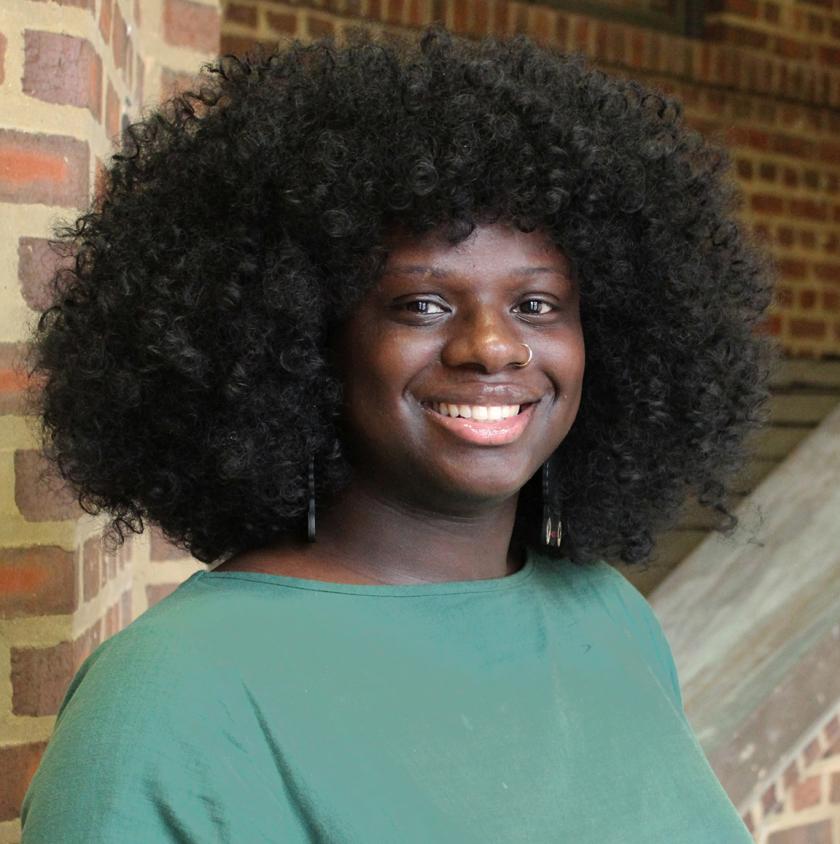
As a Research Experience for Master's Students (REMS) Fellow at the University of Michigan School of Information last summer, MS/LIS student Dykee Gorrell worked with Oliver Haimson, assistant professor at Michigan, on a research project about trans technology design. One of the papers that resulted from their research, "Designing Trans Technology: Defining Challenges and Envisioning Community-Centered Solutions," has been accepted for the Conference on Human Factors in Computing Systems (CHI 2020). Additional coauthors and research team members include Michigan graduate students Denny Starks and Zu Weinger.
For the project, the researchers conducted participatory design sessions with transgender people and non-binary people from the LGBTQ community in Ann Arbor, Michigan, and Philadelphia, Pennsylvania.
"The purpose of these design sessions was to understand the challenges that transgender people and non-binary people face in the community," Gorrell said. "After those challenges were identified, we asked the participants to brainstorm technologies that they thought could address some of these issues by participating in a series of collective drawing activities. After the activities, participants shared what they drew and why."
In their paper, the researchers discuss how the solutions envisioned by participants fell into four categories: technologies for changing bodies, technologies for changing appearances/gender expressions, technologies for safety, and technologies for finding resources. According to Gorrell, it was surprising how the participants' geographic locations influenced the issues they raised in the design sessions.
"Participants in Philadelphia talked a lot about systemic violence as it pertained to the murders of black transgender women, police brutality, poverty, housing insecurity, and food deserts," Gorrell said. "In Ann Arbor, many of the participants suggested a TransYelp, which would include anything from reviews on different healthcare providers offering LGBTQ services to safe spaces for trans folk to exist in every day."
The researchers found that integrating trans people in the design process enabled inclusive technology design that focused on sharing community resources and prioritizing connection between community members.
Gorrell is currently applying for PhD programs in the field of information science, looking to conduct methodological research in machine learning, data visualization, and technology design to address social and environmental issues. Some of the issues she would like to address are safety and resource access for Black transgender women as well as the effects of food insecurity and climate change on Black communities globally. She earned her bachelor's degree in history from Hampshire College in Amherst, Massachusetts.
Editor's note: "Designing Trans Technology: Defining Challenges and Envisioning Community-Centered Solutions" received a CHI 2020 Best Paper Award.